This week we watched the long-awaited Incredibles 2 and it got me thinking about what will it take to change things in our world, and our own lives.
Fourteen years after the original film, I wondered how this new addition would be different. After all in 2004 (when the first film came out), things like smartphones, Snapchat, Twitter, Facebook weren’t really a thing yet, Trump had only just started a new TV show called The Apprentice, and George W. Bush had just been re-elected.
Boy, those were the good ol’ days, huh? Bwahaha.
The Incredibles sequel did not disappoint. It was a great film. While it touched lightly on a couple of specific political and societal issues—including our current obsessions with screens and escapism—it definitely danced (with skill) around some pretty deep philosophical struggles as well.
With all that’s going on in our world right now, I sometimes struggle with balancing what I need and want in my own life versus the chaos and very real threats to others. Indeed, this is a moral and ethical dilemma that many an open-eyed human has been wrestling with since humanity began.
And one that the Incredibles struggle with in the film, namely:
How do you save the world while still keeping your own family safe, fed, and cared for? And if you have the power to change things, how can you NOT use it?
Without giving away too much, there was a primary argument in the beginning that I’d like to unpack a little bit, because I think it’s important right now (and always).
Early on in the movie the Parr family is faced with their ever-present struggle to do good in the world while in that very act (of using their powers) is illegal. (If you’ve never seen the Incredibles, superheroes are outlawed and must live like regular people, unable to use their powers). Parents Helen (Elastigirl) and Bob (Mr. Incredible), wrestle with whether breaking the law by fighting crime, in order to prove why the law should change is ethical, and whether a law’s morality is a big enough reason to defy it. In essence, how far can a law go before we defy it? And where do we draw the line?
On top of that, what happens to their family if they get in trouble for breaking said laws? Who will care for their equally super children?
I believe the U.S. is in the state it’s in partially because too many of us have been too apathetic, naive, or privileged, for too long. But also, and this is important, because those in power want to keep it that way.
Now I don’t want to go down a political spiral here, and I’m not advocating for going out and breaking laws. What I want to do is bring this back around to how we think about our lives, our creativity, and our money-making endeavors. Because all of this is actually governed by what goes on between our own two ears.
I hope you’ll forgive the borrowing, but as the saying goes “If you see something, say something.” This follows not only for the horrors of human-trafficking, and children being ripped from their parents at the U.S. border, but for all of our very lives.
What I see and what I must say is this: we need more compassionate, driven people to continue to step up, break some boundaries (maybe even laws) and build lives, businesses, and true leadership around the value of life, in all its forms.
For too long, we’ve followed the rules of how we “should” do things. It’s time to make our way into higher levels of thinking (and doing).
This can be hard if you’re struggling just to handle your own life, finances, and family. Like it is for so many of us! I get it. Boy, do I get it. Sprinkle in some anxiety or depression in there too and you’ve got a recipe for paralysis. Naptime, please!
But let me tell you something that’s saved me over the years—through some serious shit. Something I didn’t have a name for, didn’t even know I consciously had until a couple of years ago when I read Carol Dweck’s Mindset, The New Psychology of Success.
It’s called a growth mindset. And while I’ve totally struggled with a negative or limited mindset a ton, I’ve had enough of this growth mindset to at least get me this far.
In her book Dweck explores what she has observed and studied to be two basic mindsets that folks have: either growth or fixed. As Maria Popova puts it in her excellent overview, the book is, “an inquiry into the power of our beliefs, both conscious and unconscious, and how changing even the simplest of them can have profound impact on nearly every aspect of our lives.”
Our beliefs about limitations, abilities, and even laws shape how we live our lives and determine where and how far we will go.
A fixed mindset dictates that our intelligence, personality, creativity, and overall potential are pretty much set. In other words, we can make some changes, but essentially, we are limited by what we were born with.
A growth mindset, on the other hand, loves a challenge and looks at failure not as evidence of our ineptitude, but as a tool for growth, a way to learn.
As you might imagine, those with a growth mindset tend to be more successful, have better relationships, and are generally happier.
Now, if like me you have a mix of the two mindsets, your first thought might be, “well, hey we have to be realistic about what our limitations might be.” To that, for now, I’ll say, read the book.
But then your next question might be, “Okay, but can I actually change my mindset?”
Of course that question is the fixed mindset talking, but yes, yes you can. And in fact, shifting your mindset can really free up your life. Dweck writes, “Believing that your qualities are carved in stone — the fixed mindset — creates an urgency to prove yourself over and over. If you have only a certain amount of intelligence, a certain personality, and a certain moral character — well, then you’d better prove that you have a healthy dose of them. It simply wouldn’t do to look or feel deficient in these most basic characteristics.”
And there’s where we shoot ourselves in the proverbial foot. The more I try to prove myself competent the further I move from actually improving myself.
So what does this have to do with the Incredibles?
We are beginning to open our eyes further to the things that must change in our country and world, the laws, the practices, the atrocities; which is very important.
But what about the invisible laws at work within our personal lives? Unspoken personal laws, like:
I can only make a living at a 9-5 job,
I’m not smart enough to go back to school,
I’m too busy to write that book,
I’m too fat/ugly/boring to find someone to love me,
or someday when X happens things will be different.
Or this card that perfectly sums up some of my own moments of negative self-talk:
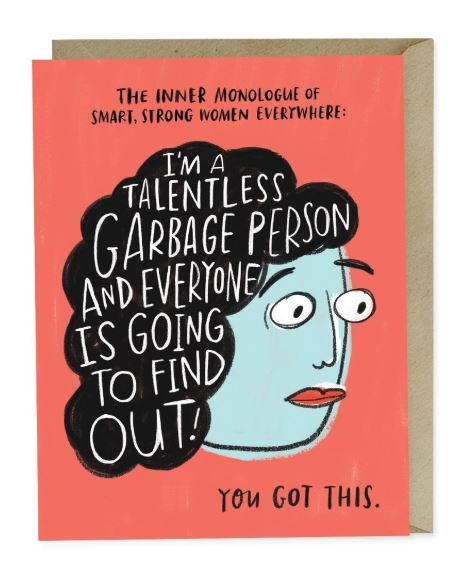
Available at EmilyMcDowell.com
What are the corrupt “laws” in your life that keep you from living up to your dreams?
Is it worth defying them? What will it take to change things? And is breaking those “laws” part of making your (and possibly others’) life better and more fulfilling?
I believe that real change starts within our own hearts and minds and if we’re going to change the world we must change ourselves. Conversely, though the time we’re in might seem dark, we must believe that things can change, that life is not limited by the self-centered rants and raids of megalomaniacs, that goodness can prevail.
Because if we don’t believe that, what’s the point? We must reclaim a growth mindset.
It’s the gift that has gotten me through some of the darkest times in my life. The belief that things can change, that our lives are not yet written, that we can still grow.
I encourage you to watch Incredibles 2 and think about what your own superpowers may be—because you do have some. I also encourage you to read (or listen to) Mindset, The New Psychology of Success and think about what laws in your own thinking must be broken in order to live the life you truly want.
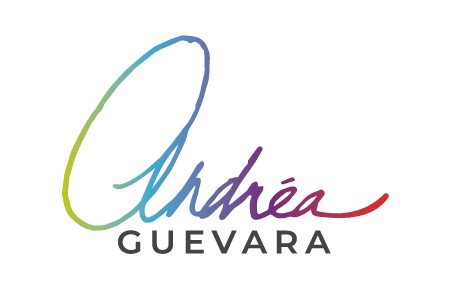
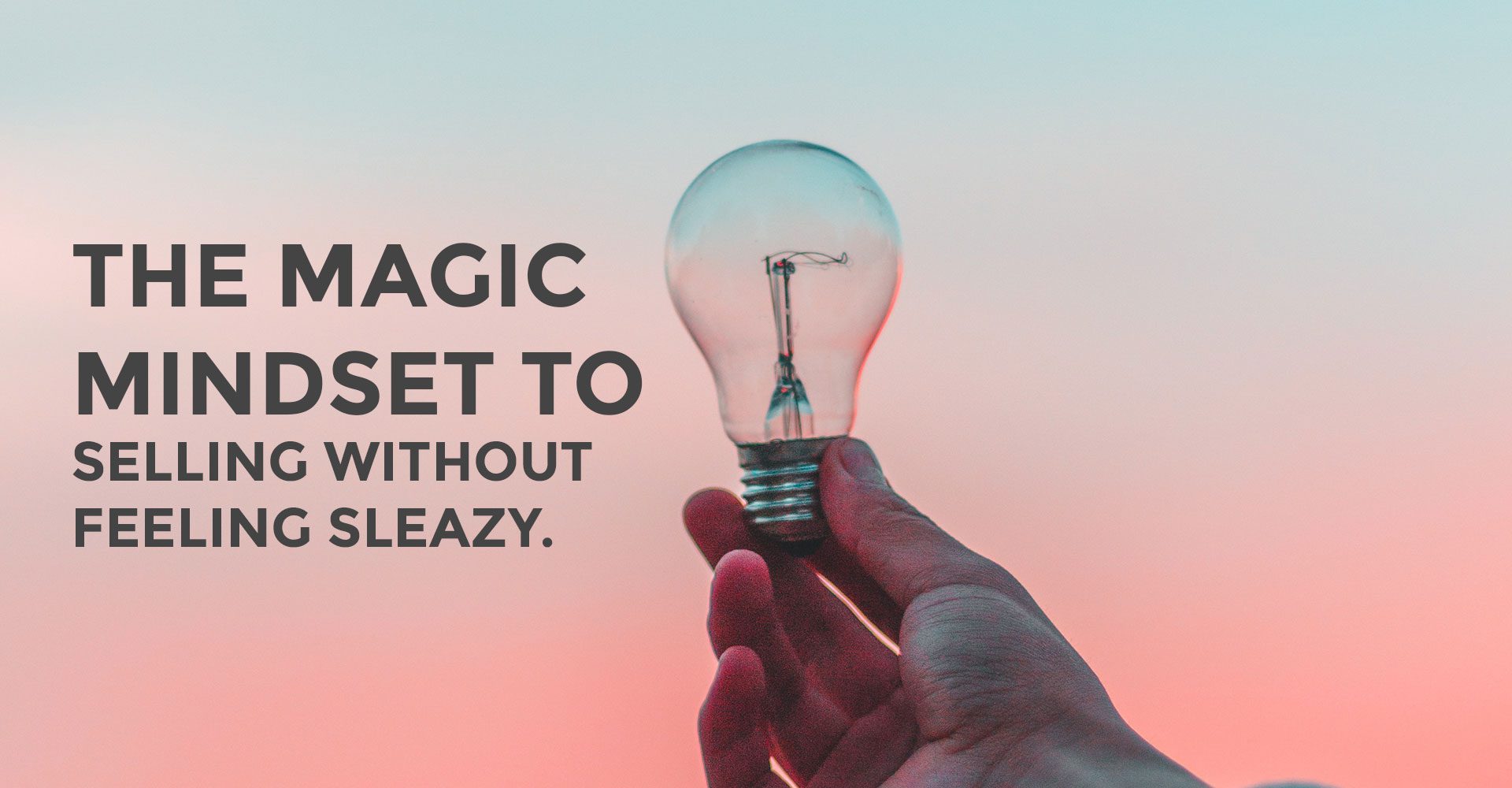
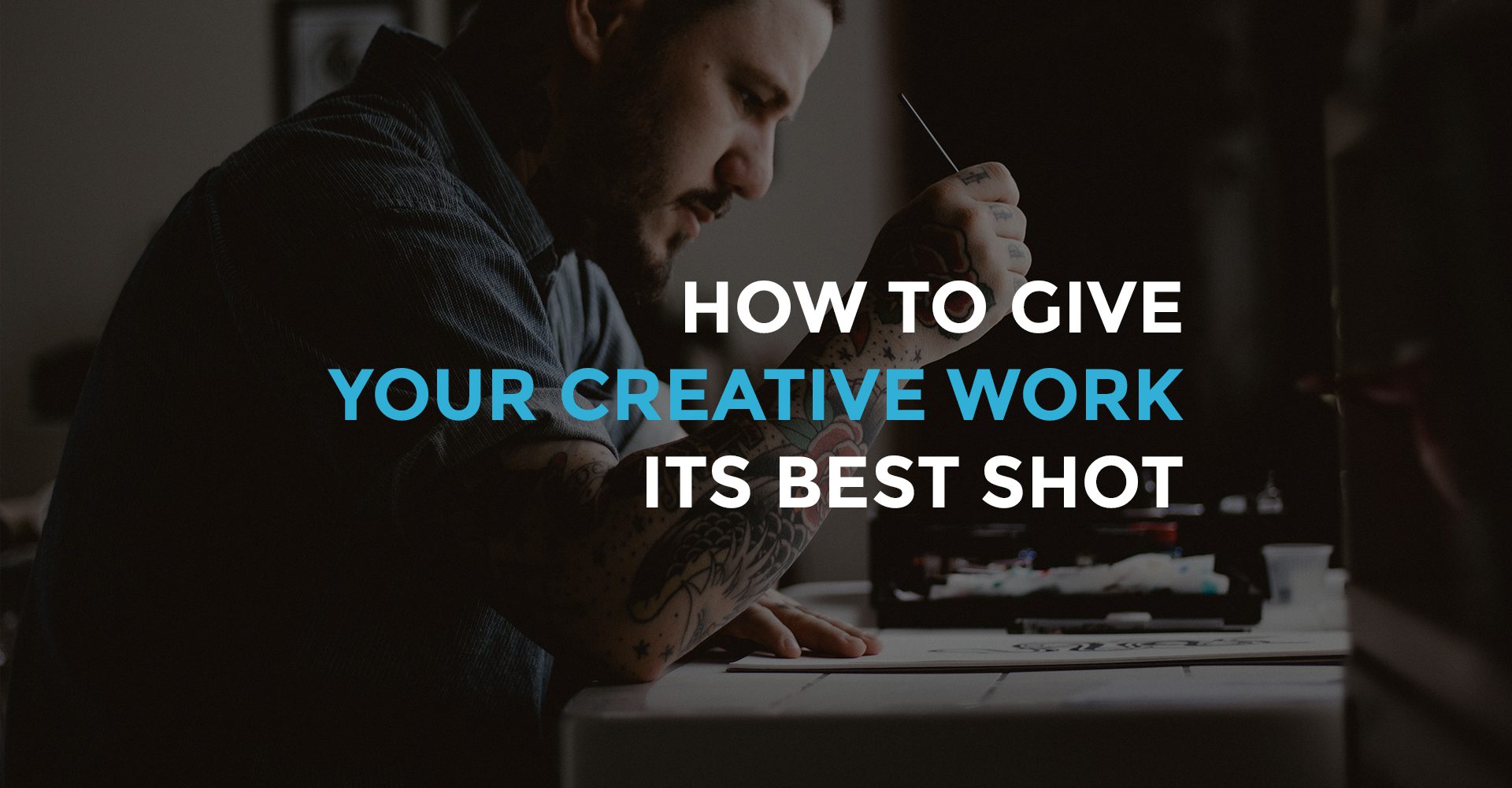

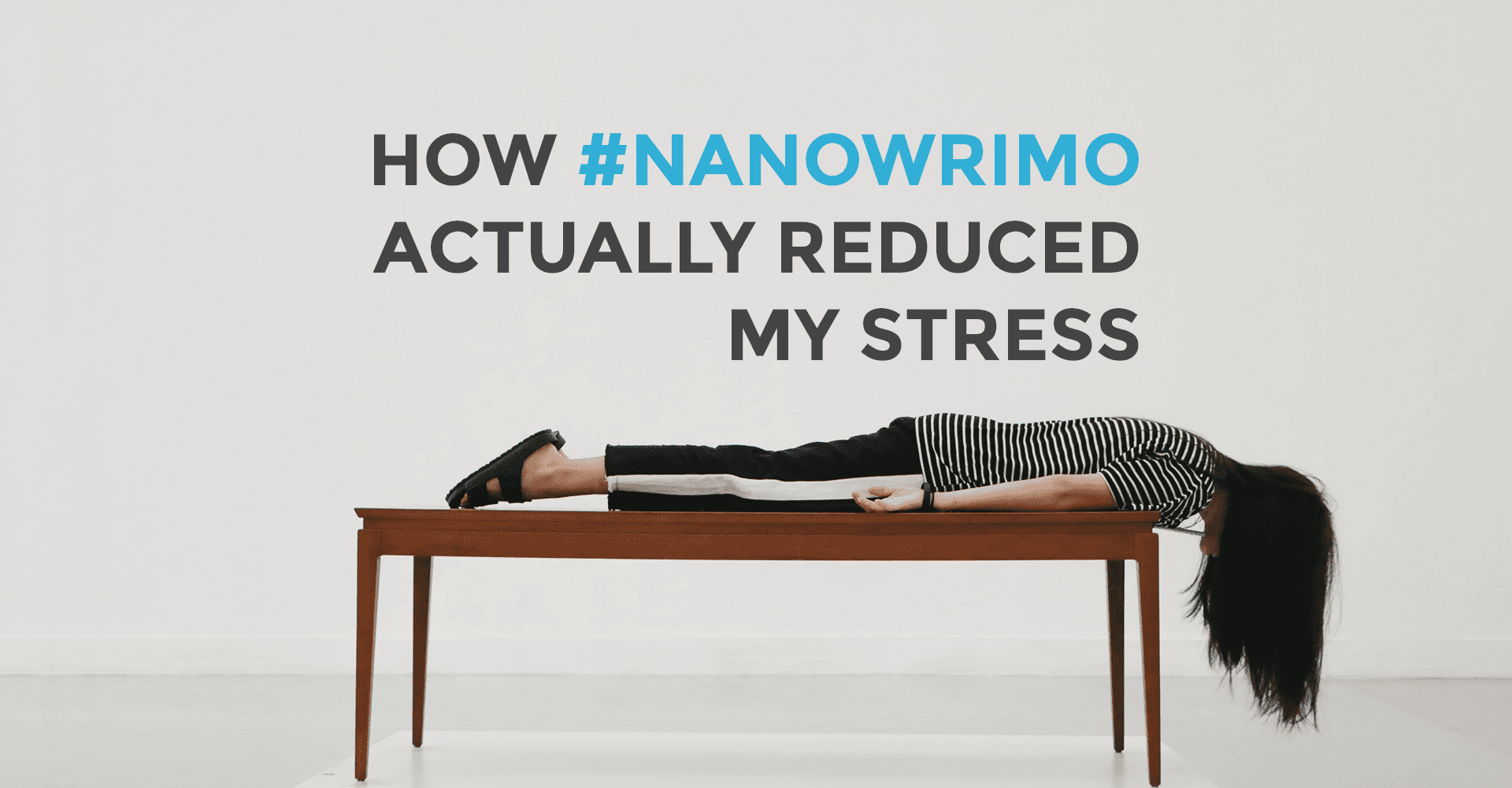 I hemmed and hawed about whether to participate in National Novel Writing Month this year. The idea of this challenge–writing a 50,000 word novel in a month–has always appealed to my overachiever side, but I’ve never pulled the trigger, until now. This year, since I’ve been working my way through some doozies of personal emotional shit storms, like my hometown literally burning to the ground, not to mention our shared trauma over numerous international and national tragedies and natural disasters, I decided this was the perfect time to push myself to commit to starting my novel. Why not pile on more, right? 😛
I hemmed and hawed about whether to participate in National Novel Writing Month this year. The idea of this challenge–writing a 50,000 word novel in a month–has always appealed to my overachiever side, but I’ve never pulled the trigger, until now. This year, since I’ve been working my way through some doozies of personal emotional shit storms, like my hometown literally burning to the ground, not to mention our shared trauma over numerous international and national tragedies and natural disasters, I decided this was the perfect time to push myself to commit to starting my novel. Why not pile on more, right? 😛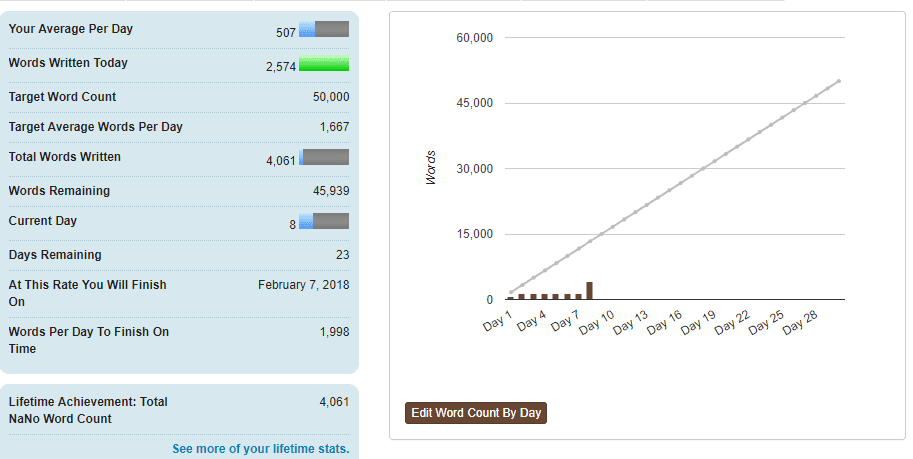
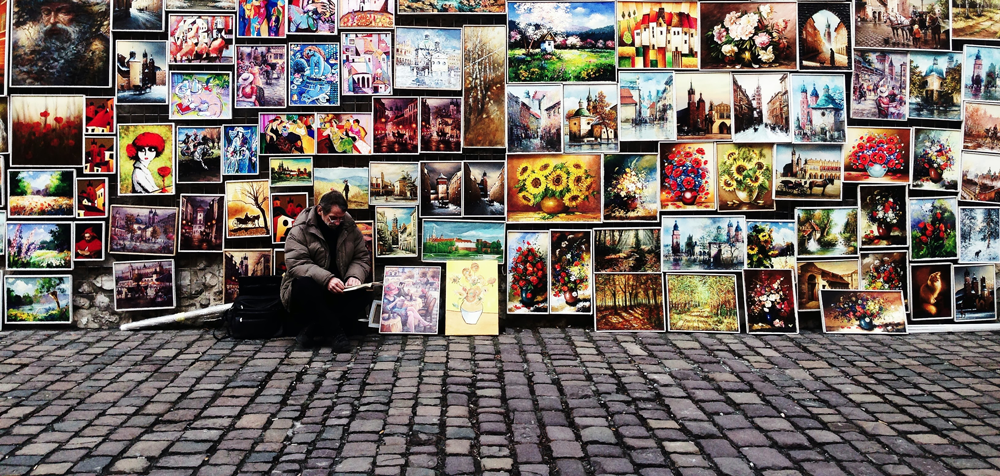 There’s this unspoken longsuffering ethos in the literary world that writers must suffer for their craft, always look at their work as inadequate; and be relentless in their pursuit of the grand art of it all. And the ultimate reward for this holy work? Being a part of a literary elite culture of back-patting and back-stabbing.
There’s this unspoken longsuffering ethos in the literary world that writers must suffer for their craft, always look at their work as inadequate; and be relentless in their pursuit of the grand art of it all. And the ultimate reward for this holy work? Being a part of a literary elite culture of back-patting and back-stabbing. I’m one of those people who naturally wants to do 4.5 million things almost all the time. Life is full of possibilities and opportunities and, let’s face it, there’s never been a time when so much information has been so available. Did I mention I’ll also love researching the hell out of things?
I’m one of those people who naturally wants to do 4.5 million things almost all the time. Life is full of possibilities and opportunities and, let’s face it, there’s never been a time when so much information has been so available. Did I mention I’ll also love researching the hell out of things?